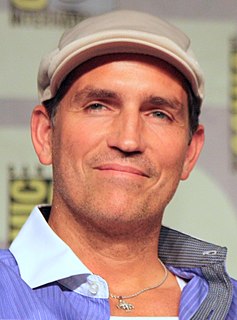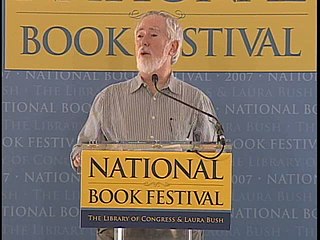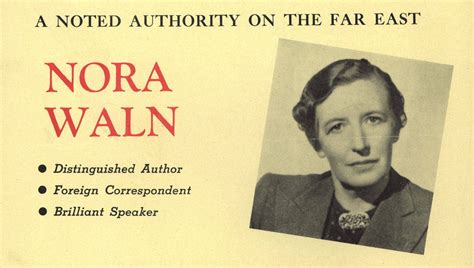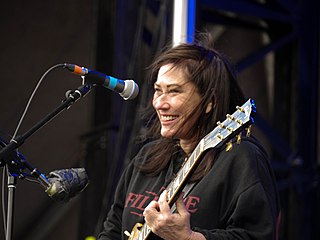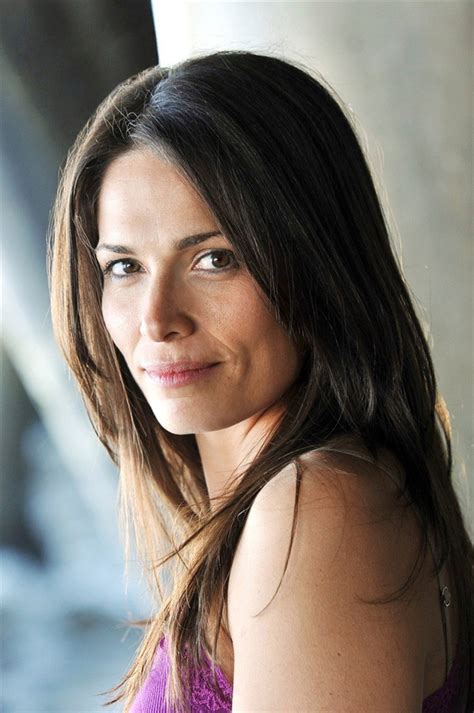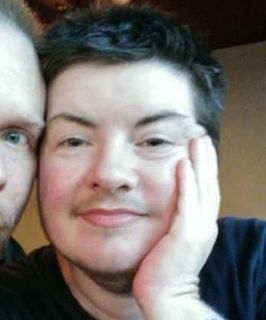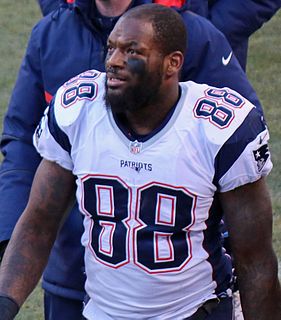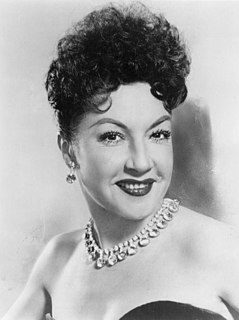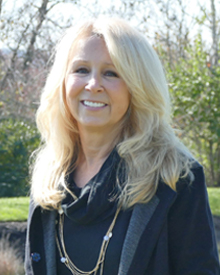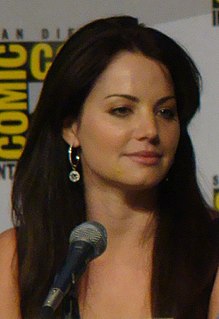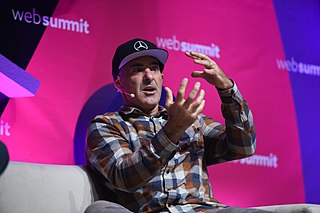Top 1200 Love To Read Quotes & Sayings - Page 18
Explore popular Love To Read quotes.
Last updated on December 20, 2024.
I would argue that education, actual learning - it is hard work. It's very personal. Your parents don't teach you anything. Your teachers don't teach you anything. The government doesn't teach you anything. You read it. You don't understand it; you read it again. You break a pencil and read it again.
No one can teach writing, but classes may stimulate the urge to write. If you are born a writer, you will inevitably and helplessly write. A born writer has self-knowledge. Read, read, read. And if you are a fiction writer, don't confine yourself to reading fiction. Every writer is first a wide reader.
Sometimes just being an immigrant, I read things the wrong way, and that can be funny. Or I'll put the emphasis on the wrong word, and that can be funny. I have an affinity for comedy because I like to watch them. It's an honor to make comedies because I love being able to pop something into the DVD player and laugh. I love doing it.
I was most confusedly in love. ... Even though I resolved not to think of him, his face would keep appearing between me and a book I tried to read, or his voice would suddenly sound instead of the words I tried to write on a page. ... I found love annoying and uncomfortable, like fetters, until I got used to it.
I read a lot of detective stories because they always deliver. They give you a beginning, a middle, and an end - a resolution. The modern novels I read don't always deliver because I'm looking essentially for a story. As in Shakespeare, "The play's the thing." In particular I read detective stories for pacing, plot and suspense.
The second suggestion is to think as well as to read. I know people who read and read, and for all the good it does them they might just as well cut bread-and-butter. They take to reading as better men take to drink. They fly through the shires of literature on a motor-car, their sole object being motion. They will tell you how many books they have read in a year. Unless you give at least 45 minutes to careful, fatiguing reflection (it is an awful bore at first) upon what you are reading, your 90 minutes of a night are chiefly wasted.
In any case, you read with exasperation or amusement the multiple errors in a story-and then turn the page to national or international affairs, and read with renewed interest as if the rest of the newspaper was somehow more accurate about far-off Palestine than it was about the story you just read. You turn the page, and forget what you know.
Attention spans are changing. It's very noticeable. I am very aware that the kind of books I read in my childhood kids now won't be able to read. I was reading Kipling and PG Wodehouse and Shakespeare at the age of 11. The kind of description and detail I read I would not put in my books. I don't know how much you can fight that because you want children to read. So I pack in excitement and plot and illustrations and have a cliffhanger every chapter. Charles Dickens was doing cliffhangers way back when. But even with all the excitement you have to make children care about the characters.
My older brother and I read all the time. My father read, but only things related to religion. One year, he did read a set of stories that was called something like '365 Stories' out loud to us. They followed a family for the year, a page a day. They were about kids with simple problems - like a wheel coming off their bicycle.
If we were meant to read for enjoyment, would God have created television? Read as it was intended - for exercise. The more you read, the more you expand your - what's the word I'm looking for? - your stockpile of words. You must have a stockpile of words that you can pass along to your children for their stockpile.
Bush has not read enough books to have a developed moral sense. The fewer books you read, the easier it is to become fundamental. In some ways my antiwar stand here is also a stand on anti-literacy. Someone should get G.W. into a reading program, get him to join a book club. Have him read Hamlet, King Lear.
I follow my own nose. So I read things that are different. People will always say to me, "Have you read Robert S. Bosco's latest novel?" or "Have you read so and so's history of Peru, which is reviewed in the New York Review of Books and the New York Times and has a buzz about it?" I don't even know what you're talking about. I'm like from another planet. I'm a pygmy from the jungle.
No one can teach writing, but classes may stimulate the urge to write. If you are born a writer, you will inevitably and helplessly write. A born writer has self-knowledge. Read, read, read. And if you are a fiction writer, dont confine yourself to reading fiction. Every writer is first a wide reader.
When you learn to read and write, it opens up opportunities for you to learn so many other things. When you learn to read, you can then read to learn. And it's the same thing with coding. If you learn to code, you can code to learn. Now some of the things you can learn are sort of obvious. You learn more about how computers work.







